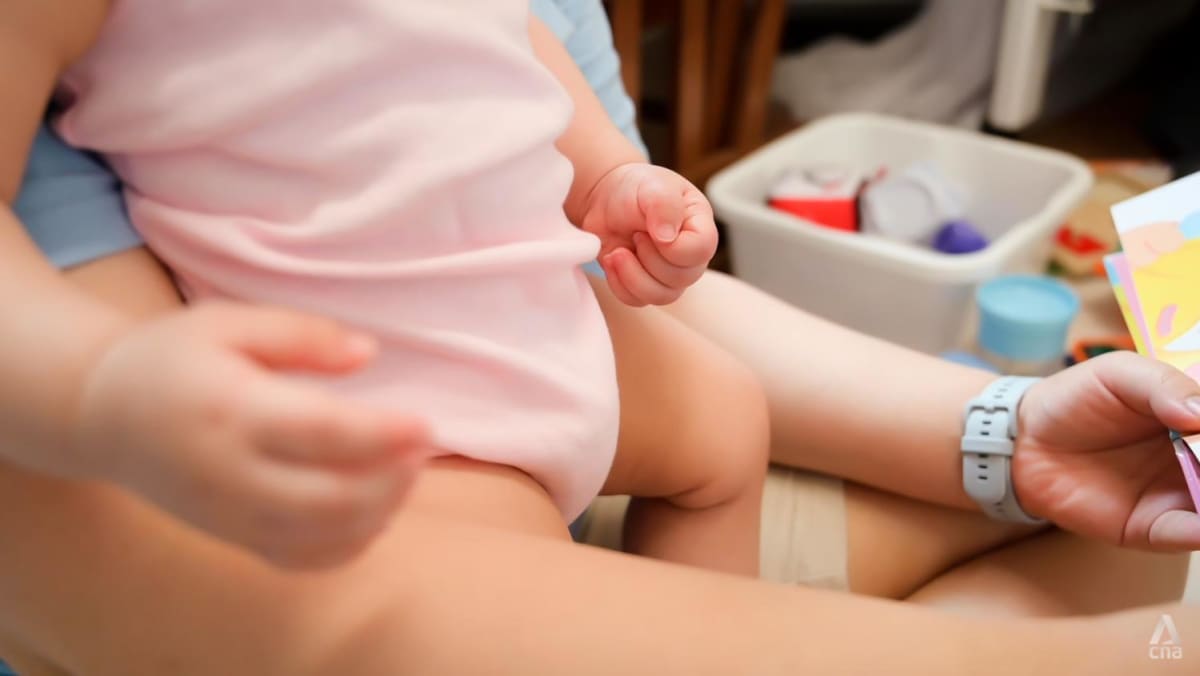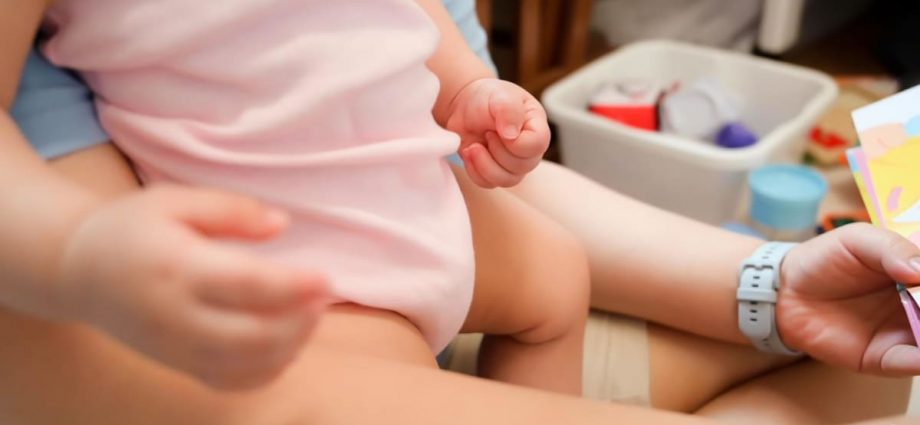
PPD is a serious mental health illness which affects women after childbirth.
Symptoms such as low mood, insomnia and severe anxiety usually develop within the first few months after delivery, sometimes even during pregnancy. In severe cases, the condition can lead to harm to the baby and suicide.
Depression and anxiety after childbirth are leading causes of disability in women around the world, according to the World Health Organization (WHO). Its findings published in March this year showed their prevalence is estimated at 13 per cent in high-income countries and 19.8 per cent in lower middle-income countries.
In 2021, Rajanukul Institute, which is under the Thai Department of Mental Health, compiled several studies on maternal depression. The studies showed a 9.5 to 25 per cent prevalence of maternal depression within the first four to six weeks after childbirth.
In Thailand, awareness about maternal depression as well as systems for screening, referral and treatment is generally lacking.
Additionally, the COVID-19 pandemic prompted movement curbs and for those struggling with PPD, this posed additional challenges.
In his Bangkok apartment, Magoffin recounted how it was difficult to get help.
“First of all, trying to get an appointment is difficult and then, there are no specialists here,” he said.
The 38-year-old from Australia met his wife at Oxford University in the UK 12 years ago before moving to Thailand to start a family. They welcomed their son in March last year and Magoffin remembered how they were “a very happy family”.
By the time Arthur was about four months old, Pranaiya had begun to exhibit high anxiety and developed insomnia. This concerned her husband, who had been warned by a friend about PPD soon after the baby was born.
He started asking around about what they should do and in mid-July, the couple decided to seek medical advice. At that time, the entire city had been placed on a COVID-19 lockdown and residents could only leave their homes in cases of emergency, work or medical visits.
The first doctor they saw ruled out postpartum depression. He said it was nothing more than high anxiety and mild depression, and prescribed medication for Pranaiya.
“From the next day, she started to deteriorate quite rapidly,” said Magoffin. His wife and child passed away less than 7 weeks later.
A COMPLEX DISORDER
Depression after childbirth is a complex disorder and researchers are still trying to understand it.
According to Yadawee Tangtrongpiros, a psychiatrist at Samitivej Hospital in Bangkok, the condition can be linked to chemical imbalances in the brain triggered by a sudden drop in hormone levels after a woman gives birth.
Its severity is divided into three types, ranging from postpartum blues to postpartum depression and postpartum psychosis.
“In case of postpartum blues, mothers will experience sadness, worry and anxiety but can still function, meaning they can take care of their babies, their home and themselves.
“But for postpartum depression, the symptoms become more severe. Mothers will experience so much sadness, insecurity and worry that different aspects of their life begin to fall apart. They won’t be able to take care of themselves or their babies.
“In severe cases, they may have thoughts of suicide and sometimes, infanticide as they fear the baby won’t be able to survive without them,” she explained.
The most extreme type is postpartum psychosis. This rare condition usually develops within the first few days after delivery and involves tinnitus, hallucinations and paranoia. Mothers may also lose their memory, believing the baby is not theirs and have suicidal thoughts.

